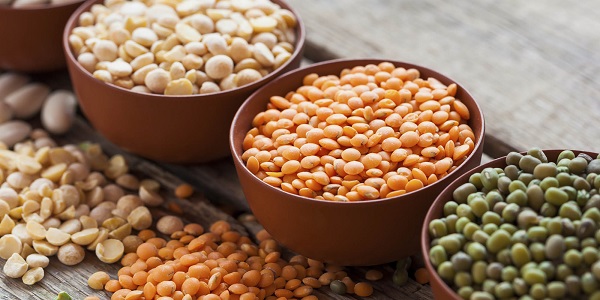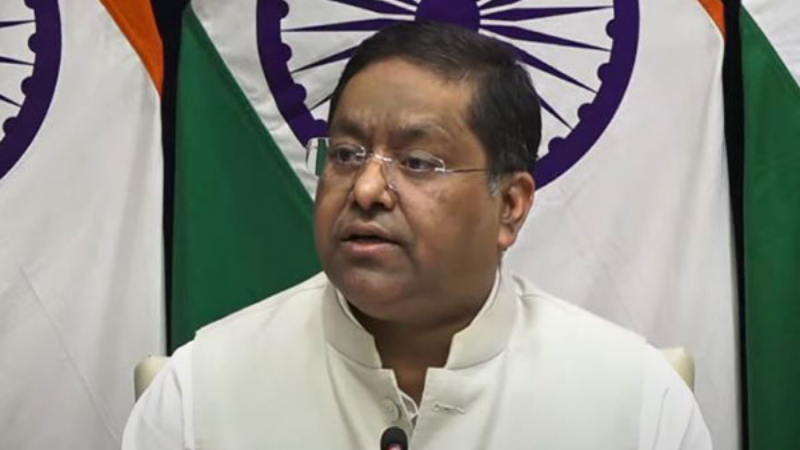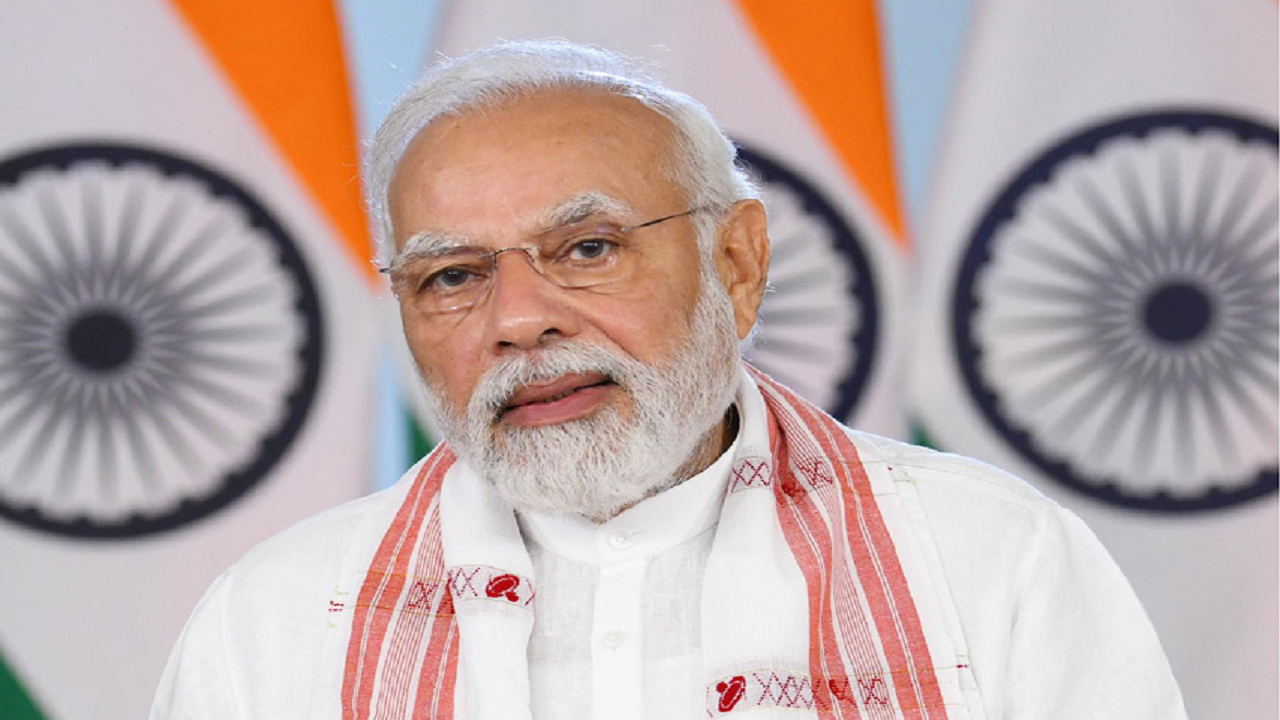Centre imposes stock limits, In bid to control price of pulses,
Sat 03 Jul 2021, 09:07:43

As retail prices of daal continue to increase and the long gap in monsoon rain casts a shadow over kharif sowing, the central government has stepped in to control further price rise. On Friday, the Centre brought into effect Stock Limits and Movement Restrictions on Specified Foodstuffs (Amendment) Order 2021, wherein stock limits have been imposed on wholesalers, retailers, millers and importers of pulses.
As per the order, stock limits have been prescribed for all pulses except moong until October 31 for all states and union territories. Wholesaler traders can stock 200 tonnes (but not more than 100 tonne of one variety) while retailers can stock maximum of 5 tonnes. Daal millers can stock 25 per cent of their annual installed capacity or the last three months of production, whichever is higher.
The imposition of stock limit comes after months of action by the central government to control retail prices of daal. In March-April, the central government had asked states and union territories to take stock of pulses and their trade. Even an online system was developed to monitor the stock.
When these steps failed to have the desired cooling down effect on prices, the central government tweaked the import policy by shifting tur, urad and moon — all three major kharif pulses — from restricted to free category from May 15 to October 31.
“Additionally, five-year MoUs have been signed with Myanmar for annual import of 2.5 LMT (lakh metric tonne) of urad and 1 LMT of tur, with Malawi for annual import of 1 LMT of tur, and an MoU with Mozambique for annual import of 2 LMT tur has been extended by another five years,” read a press
release.
release.
For most part of the year, pulses have traded either above or very close to their Minimum Support Price (MSP). Retail pulses of most daals have been between Rs 130 to Rs 100 per kg mainly because of supply constraints in the markets.
However, the decision to impose stock limit, even as kharif sowing is underway, has come as a shock for traders.
Bimal Kothari, vice-chairman of India Pulses and Grains Association (IPGA), the apex body of pulses and grains trade in the country, termed the move shocking. “This move will hurt the trade, consumers and farmers. It seems this policy was drafted without application of mind and it didn’t take into consideration how trade is conducted,” he said.
For importers, the stock limit of 200 tonnes with a cap of 100 tonns for one variety hardly made sense, said , Kothari. “The commodity is imported in bulk containers, with individual trades normally importing above 5,000 tonnes of a single pulse,” he said.
Usually, it takes around 30 days for the containers to arrive by sea and thus the stock limit of 200 tonnes of combined pulses doesn’t make business sense for them.
“On an average, India requires 35 million tonnes of pulses per year and this year, keeping in mind the shortage, the government had rightly allowed open imports. But this notification just clamps down on all steps taken to increase availability of pulses taken so far by the government,” he said.
A direct effect of this notification would be crashing of wholesale prices once the mandis start on Monday. With kharif sowing underway, this will impact the decision of farmers on whether to go for pulses or other crops this season.
No Comments For This Post, Be first to write a Comment.
Most viewed from National
Most viewed from World
AIMIM News
Asaduddin Owaisi questions PM Modi's China policy
Jan 08, 2025
Owaisi slams UP over police post near Sambhal mosque
Dec 31, 2024
Owaisi hails SC order on Places of Worship Act
Dec 13, 2024
AAP Corporator Tahir Hussain joins AIMIM party
Dec 11, 2024
Latest Urdu News
Most Viewed
May 26, 2020
Which political party will win the Delhi Assembly polls to be held on Feb 5?
Latest Videos View All
Like Us
Home
About Us
Advertise With Us
All Polls
Epaper Archives
Privacy Policy
Contact Us
Download Etemaad App
© 2025 Etemaad Daily News, All Rights Reserved.

.jpg)
.jpg)
.jpg)
.jpg)








.jpg)
.jpg)
.jpg)
.jpg)
.jpg)
.jpg)
.jpg)
.jpg)
.jpg)
.jpg)
.jpg)


















